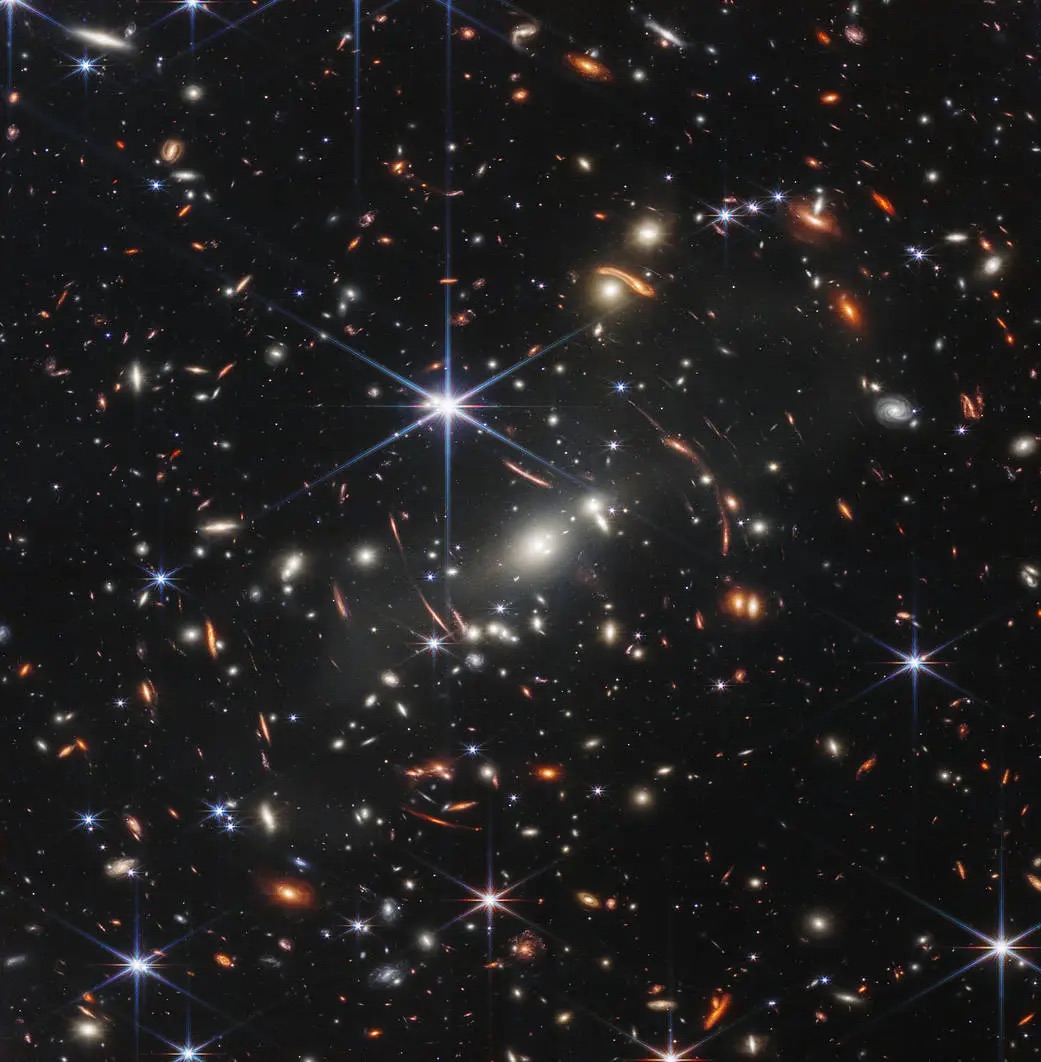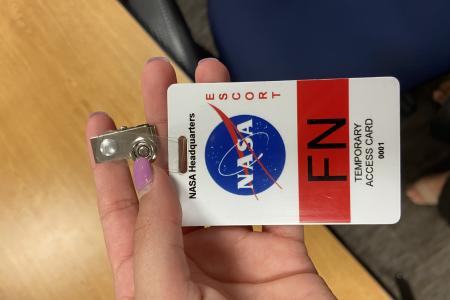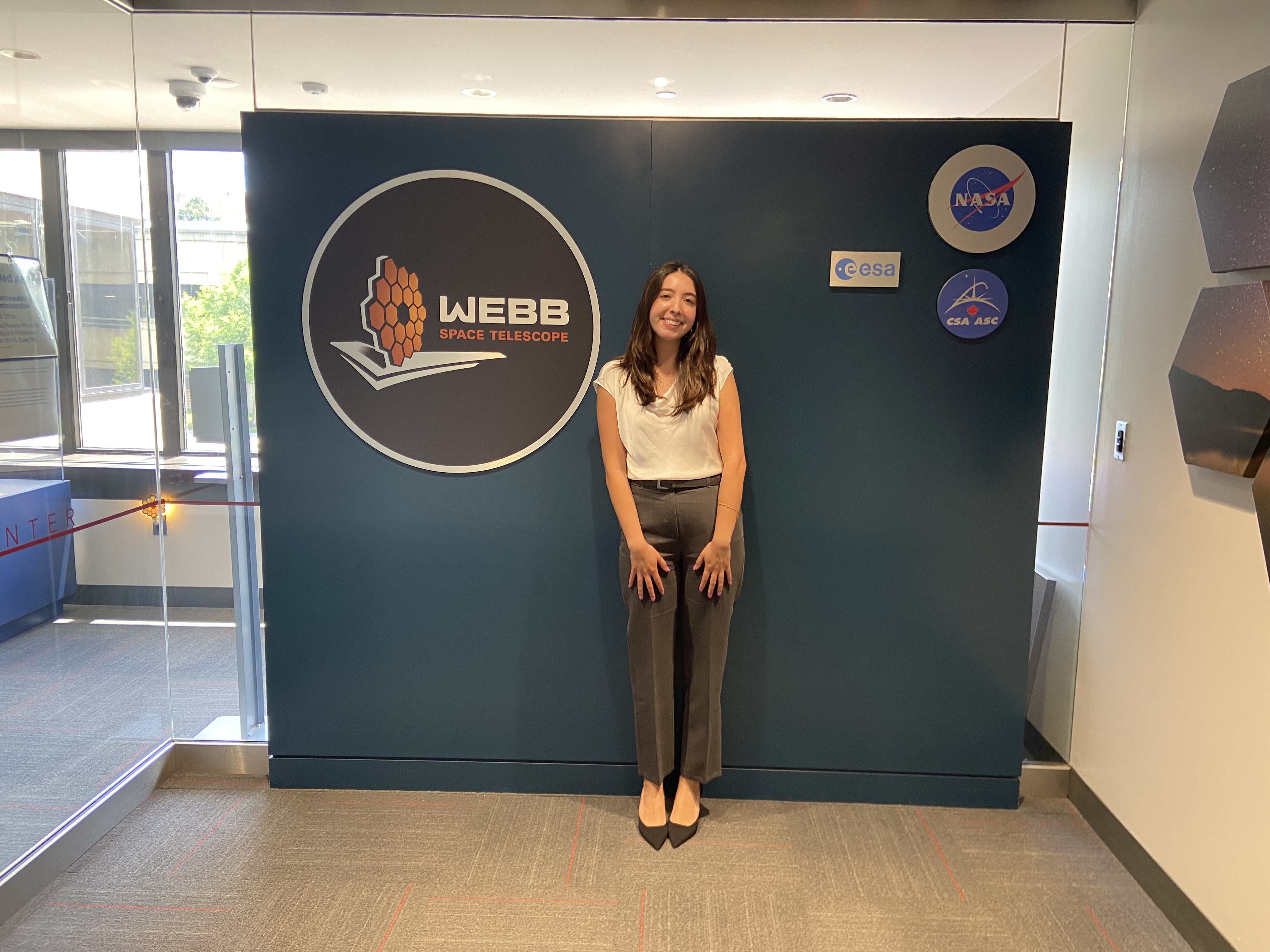President's Showcase
Montserrat Zeron she/her
Supervising Professor: Dr. Ronald E. Doel
Montserrat Zeron is a fourth-year student majoring in International Affairs with a minor in History. She was part of the First Year Abroad Program as well as the Global Scholars Program, and is currently a member of the Social Science Scholars cohort. She works in the Global Media division of University Communications and serves on the executive board for TEDxFSU. Inspired by the intersection of space science and global affairs, Montse merged those interests through her IDEA Grant project and Honors in the Major Thesis in Space Diplomacy. Her research interests include the role of diplomatic mechanisms on the development of outer space missions, space policy, and international law. For her project, Montse conducted a set of 7 oral history interviews with astronomers in the U.S., and Europe involved in multi-national projects; final transcripts of her interviews will reside at the Center for History of Physics / Niels Bohr Library of the American Institute of Physics (College Park, MD). After graduation, she plans to attend graduate school and work in the space policy field.
Abstract
Amid a booming space economy, changing science policy, and an increasing number of countries with launch capabilities, space diplomacy has emerged as a crucial topic in international relations. This project explores space diplomacy and international collaboration through the lens of extremely complex scientific missions and the way they are realized in practice. Through a case study of the James Webb Space Telescope (JWST), this study analyzes distinct components that enabled cooperation between key stakeholders: the National Aeronautics and Space Administration (NASA), the European Space Agency (ESA), the Canadian Space Agency (CSA), participating governments, private industry, the scientific community, and the public. This telescope—just launched in late 2021—allows for innovative approaches to understanding contemporary space policy: key insights were gained through multiple oral history interviews with senior scientists who shaped the Webb Telescope, greatly expanding (limited) published records and available archival materials. Among the main questions addressed by this project: What does it take to develop and give coherence to multi-state ‘Big Science’ programs in space? What was the impact of diplomacy and international partnerships on the planning, development, and current operation of JWST? International law and transnational agreements, funding mechanisms, technological developments, and public opinion: all are analyzed here. Lastly, the project speculates about the future of international cooperation in space science missions given the current economic and political outlooks.
Presentation Materials



